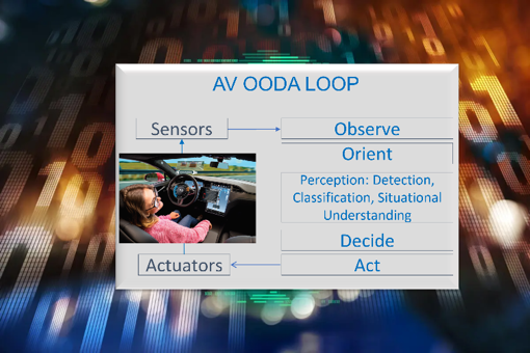The Second IFIP Workshop on
|
 
|
|
Summer Meeting of the The Intelligent Vehicle Dependability and Security (IVDS) project of IFIP Working Group 10.4 (Dependable Computing and Fault Tolerance) will host its 2nd workshop in June, 2022. This follows a successful First IVDS Workshop, held (virtually) in January, 2021. Working Group 10.4, through its workshops, its affiliations with larger conferences, and landmark publications by many of its members, has contributed significantly to both R&D and application of highly dependable and secure computing systems since its establishment in 1980. Workshop Focus: How to Survive Cyber Attacks on Safety-Critical Functions of Intelligent Vehicles Goal: Discuss design solutions, quantitative cyber-survivability measures, and verification and validation with regard to impact on AV safety. Specific Topics & Issues:
Desired Outcome: A set of specific actions, both short term and long term, to achieve the IVDS project’s vision, mission and goals. Workshop Format: In-person in Alexandria, VA. Workshop Scope
Current L0-L2+ Functions + Future L3-L5 capabilities |
